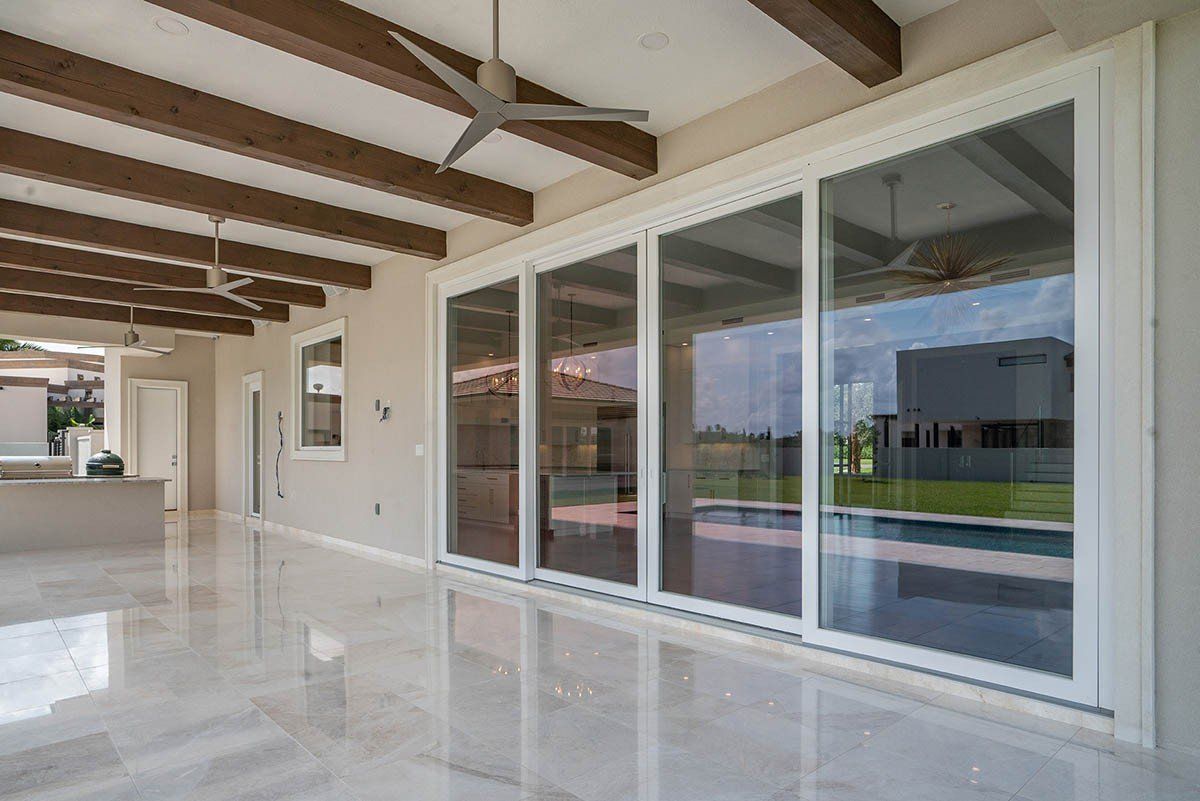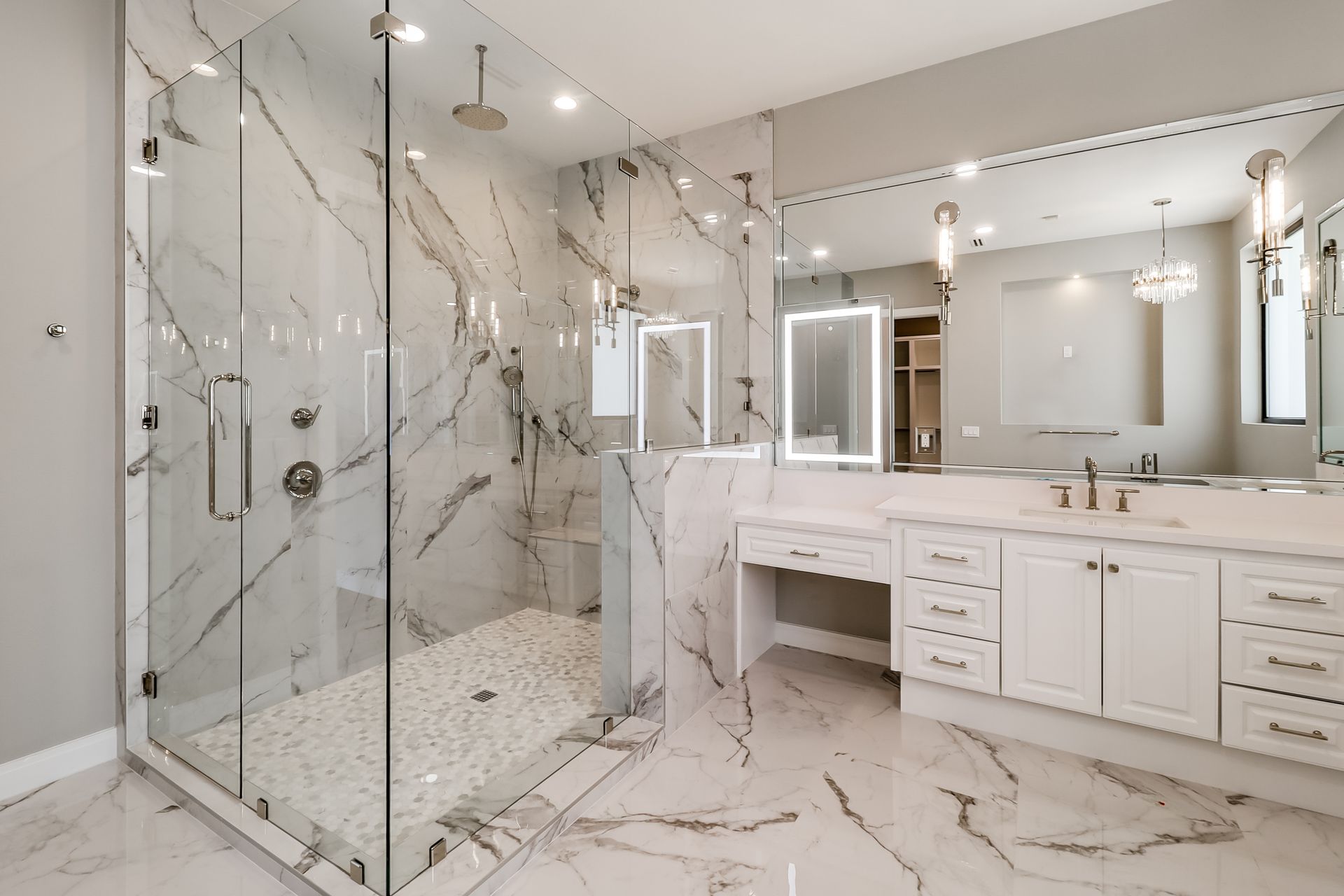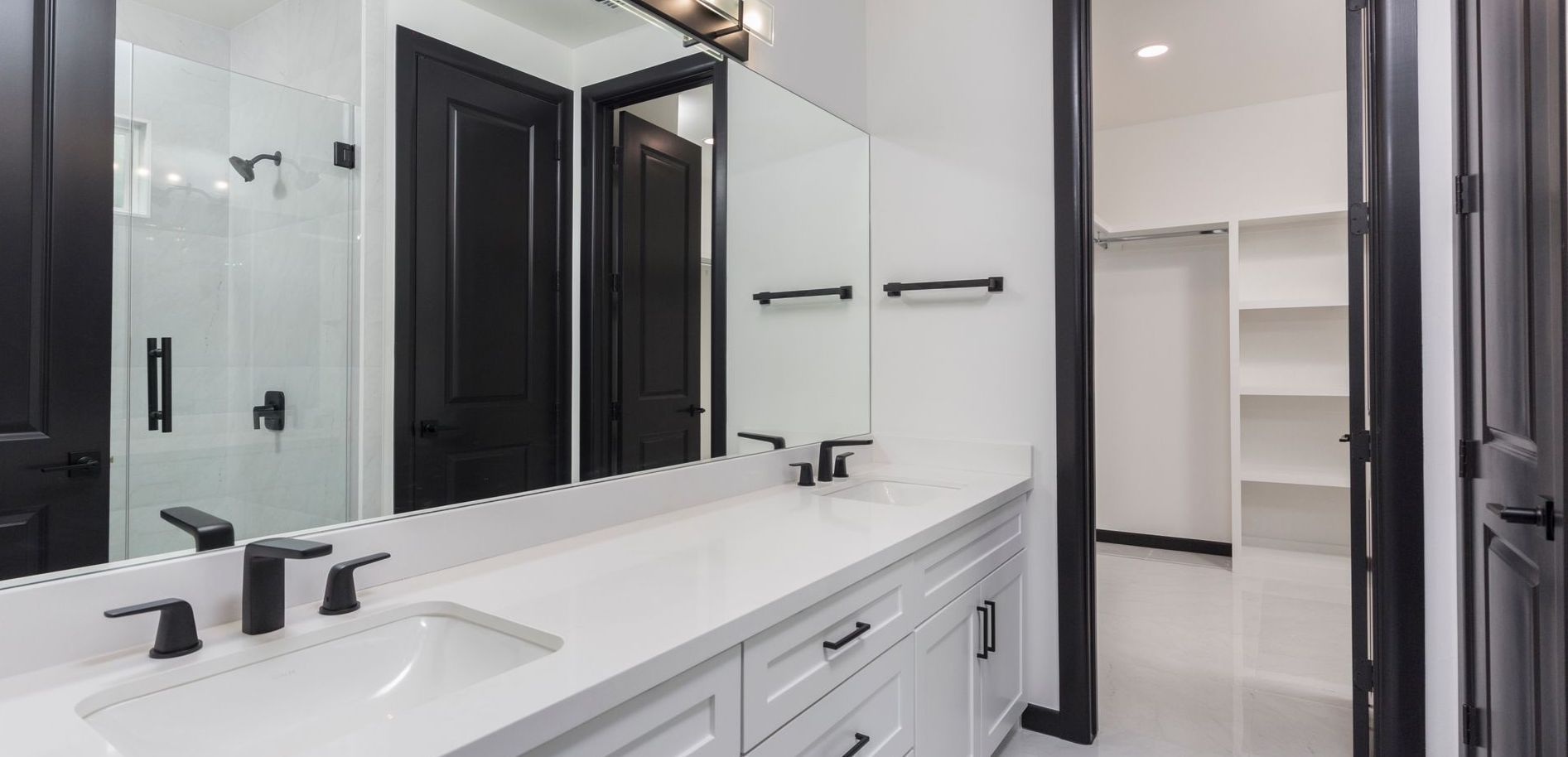(956) 540 5557
First Time Home Builder Loans: Everything You Need to Know
First Time Home Builder Loans: Everything You Need to Know
Are you in the market for a new home? If so, you may be wondering how you can afford to build your dream home. One option is to take out a loan specifically for first time home builders. In this blog post, we will discuss everything you need to know about first time home builder loans. We will cover the different types of loans available, as well as the requirements and benefits. By the end of this post, you should have a good understanding of what type of loan is best for you!
- 1. What are first time home builder loans?
- 2. The different types of loans available
- Construction loans vs Land loans
- Government-backed loans
- Private lenders
- 3. The requirements for taking out a loan
- 4. The benefits and disadvantages of taking out a loan
- 5. How to choose the best loan for you
- 6. Final thoughts
1. What are first time home builder loans?
First time home builder loans are a type of loan that is specifically for people who are looking to build their first home. These loans can be used to cover the cost of materials, labor, and other expenses associated with building a new home.
Also, this type of loans usually have lower interest rates than other types of loans, such as personal loans or credit cards. This is because the lender knows that you are a first-time home buyer and they want to help you succeed in your new venture!
2. The different types of loans available
Construction loans vs Land loans
There are two main types of first time home builder loans available: construction loans and land loans. Construction loans are used to finance the actual construction of your home, while land loans are used to purchase the land on which your home will be built.
Construction loans typically have shorter terms than land loans, as they are only needed for the duration of the construction process. Land loans, on the other hand, usually have longer terms since they are used to finance a long-term purchase (the land itself).
Both types of loans will likely require a down payment, as well as monthly payments during the construction or loan period.
Construction loans may also require you to have a certain amount of “equity” in the project. This means that you will need to have some money of your own invested in the construction of your home, in addition to the loan amount.
Land loans may require a higher down payment than construction loans, as they are often for larger amounts of money. However, the monthly payments may be lower since the loan is spread out over a longer period of time.
Government-backed loans
There are also government-backed loans available for first time home buyers. These loans are backed by the US federal government and they offer lower interest rates and down payments, as well as other benefits.
The two main types of government-backed loans are FHA loans and VA loans. FHA loans are available to anyone who meets the eligibility requirements, while VA loans are only available to veterans and active-duty military members.
Both types of loans have their own set of benefits and drawbacks, so be sure to do your research before deciding which one is right for you.
FHA loans:
- Lower down payment (as low as 3.0%)
- More flexible credit requirements
- Can be used for a wider range of properties (including mobile homes and manufactured homes)
- Mortgage insurance is required
VA loans:
- No down payment is required
- More lenient credit requirements
- Lower interest rates
- Only available to veterans and active-duty military members
There are also
other government-backed loans available, such as USDA loans, Down Payment Assistance Programs and Fannie Mae/Freddie Mac loans. However, these programs have different eligibility requirements and they are not specifically for first time home buyers.
Private lenders
If you do not qualify for a government-backed loan, you may still be able to get a loan from a private lender. Private lenders are banks, credit unions, and other financial institutions that offer loans to people.
Private lenders typically have higher interest rates than government-backed lenders. However, they may be more willing to work with you if you have less-than-perfect credit or a small down payment.
When you are shopping for a loan from a private lender, be sure to compare interest rates, fees, and terms before deciding which one is right for you.
3. The requirements for taking out a loan
In order to take out a loan, you will need to meet some basic requirements. These requirements vary depending on the type of loan you are taking out, as well as the lender you are working with.
Generally speaking, you will need to consider the following:
- Your credit score: Your credit score is one of the most important factors in determining whether or not you will be approved for a loan. Lenders use your credit score to determine how likely you are to repay the loan on time.
- Your income: Lenders will also consider your income when determining whether or not to approve you for a loan. They want to make sure that you have enough money coming in each month to cover your mortgage payments (as well as other debts and expenses).
- Your employment history: Lenders like to see a steady employment history when considering a loan application. They want to know that you have a stable job and income.
- Your debt-to-income ratio: This is the amount of debt that you have compared to your income. Lenders use this ratio to determine how much debt you can afford to take on.
- Your down payment: The amount of money that you have for a down payment will also affect your loan approval. Lenders typically like to see a down payment of at least 20%, but this varies depending on the type of loan.
- Your other assets: Lenders will also look at your other assets, such as savings accounts and investments. They want to see that you have some money saved up in case of an emergency.
If you are not sure whether or not you meet the requirements for a loan, it is always a good idea to speak with a lender beforehand. This way, you can find out what you need to do in order to increase your chances of loan approval.
If you want a checklist of what to do before taking out a loan, things you must consider or avoid, you can check our Mortgage Tips section. It also includes a calculator to help you estimate your monthly mortgage payments.
4. The benefits and disadvantages of taking out a loan
There are many benefits to taking out a loan, even if you have the cash to pay for your home outright. Some of the advantages of taking out a loan include:
- You can use the money for other things: If you have cash saved up to pay for your home, you may want to keep that money in savings in case of an emergency. Taking out a loan frees up that cash so you can use it for other things, such as investing or saving for retirement.
- You can get a tax deduction: The interest you pay on your mortgage is tax-deductible. This can save you a lot of money at tax time.
- You can build equity: When you make loan payments, you are also building equity in your home. This can be helpful if you ever want to refinance or sell your home.
- You can get a lower interest rate: If you have good credit, you may be able to get a lower interest rate on your loan. This can save you a lot of money over the life of the loan.
Of course, there are also some disadvantages to taking out a loan. These include:
- You may have to pay PMI: Private mortgage insurance (PMI) is insurance that protects the lender in case you default on your loan. If you have a down payment of less than 20%, you may be required to pay PMI.
- You may have to pay a higher interest rate: If you have bad credit, you may have to pay a higher interest rate on your loan. This can end up costing you more money in the long run.
- You may have to pay origination fees: Some lenders charge origination fees, which are fees charged for processing the loan. These fees can add up, so be sure to shop around for the best deal.
- You may have to pay closing costs: Closing costs are the fees charged for things like appraisal, title insurance, and loan origination. These fees can add up, so be sure to shop around for the best deal.
Before taking out a loan, be sure to consider both the benefits and disadvantages. This will help you make the best decision for your financial situation.
5. How to choose the best loan for you
There are many different types of loans available, and choosing the best one for you can be tricky. Some of the things you'll want to consider include:
- The interest rate: The interest rate is the amount of money you will pay in interest on your loan. You'll want to shop around for the best interest rate possible.
- The term: The term is the length of time you have to repay your loan. shorter terms typically have lower interest rates, but you'll have to make higher monthly payments.
- The fees: Be sure to shop around for the lender with the lowest fees. Origination fees, closing costs, and other fees can add up, so you'll want to get the best deal possible.
- The down payment: The down payment is the amount of money you will put down on your home. A higher down payment will lower your monthly payments, but it may be harder to come up with the money.
- Your credit score: Your credit score will affect the interest rate you pay on your loan. If you have good credit, you may be able to get a lower interest rate.
Choosing the best loan for you is an important decision. Be sure to consider all of your options before making a decision. Also, you must consider that each case is different, so what may be the best loan for one person may not be the best loan for another person. It all depends on your specific financial situation.
If you have any questions, be sure to ask your lender. They should be able to help you find the best loan for your needs.
6. Final thoughts
The home buying process can be daunting, but it doesn't have to be. If you do your research and work with a good lender, you can get a great loan and buy the home of your dreams. Just be sure to consider all of your options and make the best decision for your specific financial situation.
First time homebuilders and first time homebuyers loans are a great option for those looking to buy their first home. There are many benefits to taking out a loan, including the ability to build equity and the potential to save money on your taxes. However, a mortgage loan is not right for everyone. Be sure to consider the pros and cons before taking out a loan.
Looking for your dream home? Look no further than
Brito Construction!
If you're thinking about buying a new home, Brito Construction is the perfect place to start. We have a wide variety of floor plans and new homes for sale in beautiful locations throughout Rio Grande Valley. Contact us today and let us help you find the perfect home for you. We can't wait to help you find your dream home!















